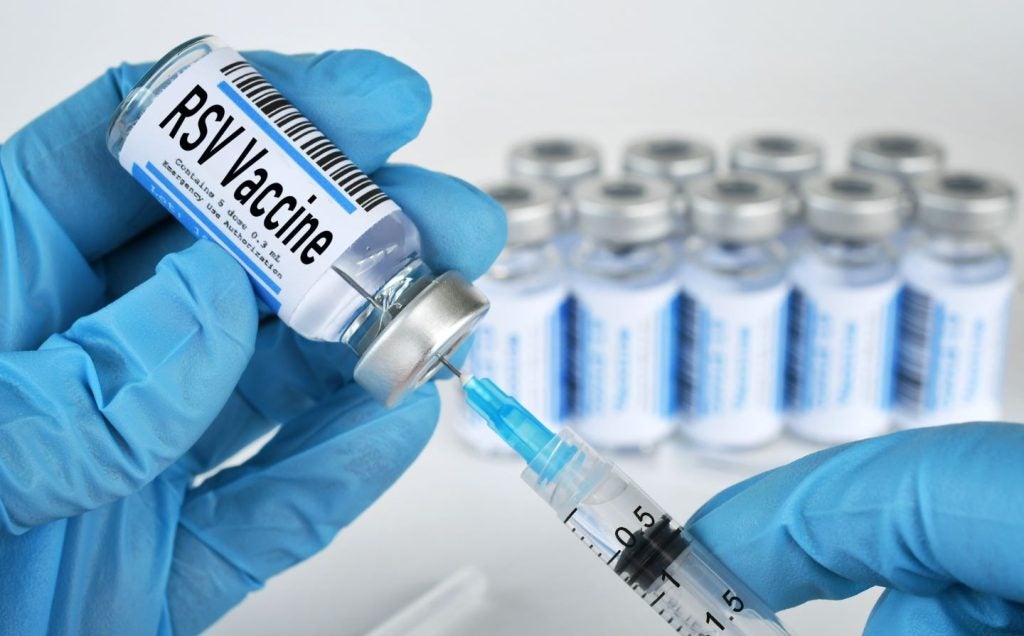
There were numerous articles in July 2018 that covered a wide range of topical issues. Here are five of the best stories you might have missed… (Click the headline to finish reading the story)
Enriched Evidence Generation: Linking Clinical Data, Registries and Patient-Reported Outcomes to Health Care Utilization
Real world data (RWD) are playing an increasing role in health care decisions. Combining various datasets provides complementary insights and may facilitate key decision making. Data linkage and integration processes are nonetheless associated to technical, ethical and regulatory hurdles that must be acknowledged. Linkage between clinical and claims data deserves special attention and planning anticipation, as illustrated with the data linkage operated between clinical data (Clinical Studies and Patient Registries) and the système national des données de santé (SNDS) [national health data system].
The Impact of Gene and Cell Therapy on the Supply Chain
The potential benefits of gene and cell therapy are undeniable. In theory, these therapies offer a fundamental shift in how certain diseases can be treated. The prospect of a curative, one-time treatment is remarkably appealing and in many ways is the holy grail of patient treatment.
It is interesting to note that the concept of gene and cell therapy has been around since the early 1970s. In fact, the first gene therapy study took place in 1989. However, the first gene therapy drug was only approved in 2012. A reasonable question one might ask is, “if this concept has been around since the 1970s, why has it taken about 40 years for this concept to produce a drug?”
Here’s YOUR Medicine, Ma’am
The pharmaceutical industry continues to make great strides to provide new medicines to patients. Over the course of the last 10-20 years, oncology therapeutic advancement has proceeded stepwise from chemotherapy, to targeted therapies, to improvements on successful targeted therapies, and into truly patient-specific treatment. We’ve entered an amazing new era – the official arrival of personalized medicine. Our previous article discussed the hype of Chimeric Antigen Receptor T-Cells (CAR-T) as a personalized medicine – but as a view from the finish line. Here we look at the development path towards a personalized medicine to understand the hurdles.
The Arrival of Gene Therapy and Personalized Medicine
On Aug. 30, 2017, the U.S. Food and Drug Administration (FDA) approved the first chimeric antigen receptor T cell (CAR-T) therapy for Kymriah (tisagenlecleucel). Developed by the Swiss pharmaceutical company Novartis and researchers from the University of Pennsylvania, Kymriah showed high efficacy for the treatment of pediatric acute lymphoblastic leukemia (ALL). With Kymriah, Novartis established a major milestone in the industry as the drug became the first therapy approved by the FDA that was based on gene transfer. As I will further discuss in detail, Kymriah is a one-time immunocellular therapy treatment that uses the patient’s own T cells to fight cancer (1).
How well do you really know your competitors?
Access the most comprehensive Company Profiles on the market, powered by GlobalData. Save hours of research. Gain competitive edge.

Thank you!
Your download email will arrive shortly
Not ready to buy yet? Download a free sample
We are confident about the unique quality of our Company Profiles. However, we want you to make the most beneficial decision for your business, so we offer a free sample that you can download by submitting the below form
By GlobalDataScientific Breakthroughs for Treating CINV – Helping Patients Cope with Cancer Treatments
The big question has always been, and is still constantly being asked: How far have we come to making CINV something patients no longer have to fear? Concerns relevant to these questions were voiced by respected oncologist, Dr. Lee S. Schwartzberg, MD, in a segment of OncLine Peer Exchange in July 2017. A year later, there is still both promise and challenges.
Researchers continually plug in new clues to what proves to be an old constant in regards to cancer care. Progressive treatments and care standards are steadily increasing and expanding in terms of how the scientific community is addressing the needs and concerns of cancer patients. As oncologists sift through the layers of research, the interest has intensified surrounding the discovery of oncolytic-virotherapies and PD-1 FDA clinical trials. Clinical studies indicate that patient tolerance of immunotherapy interventions, coupled with PD-1 type drug interventions, is significantly improved.
In case you missed the official unveiling of the Oncology tab last month, click here to read exclusive articles delving into the current issues and concerns involving oncology trials.
PHOTO CREDIT: Rob Nguyen







